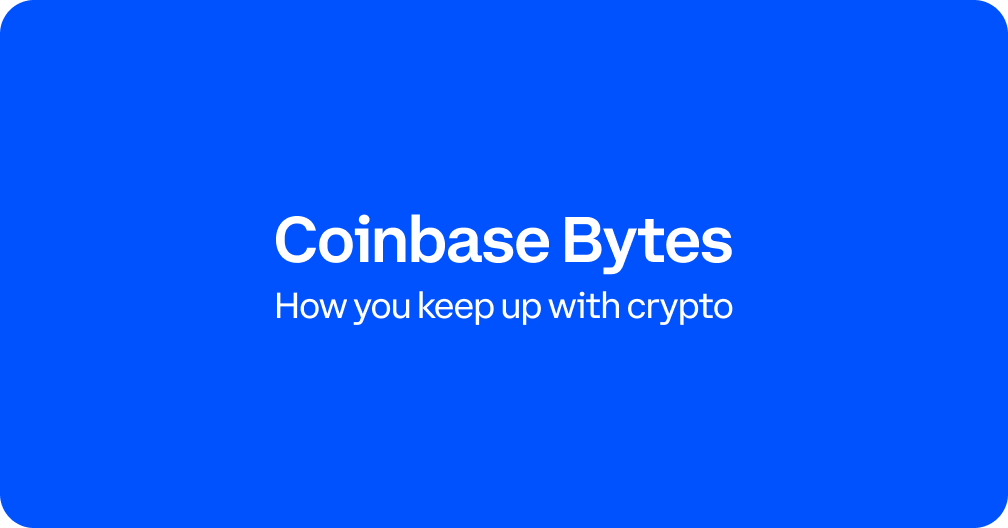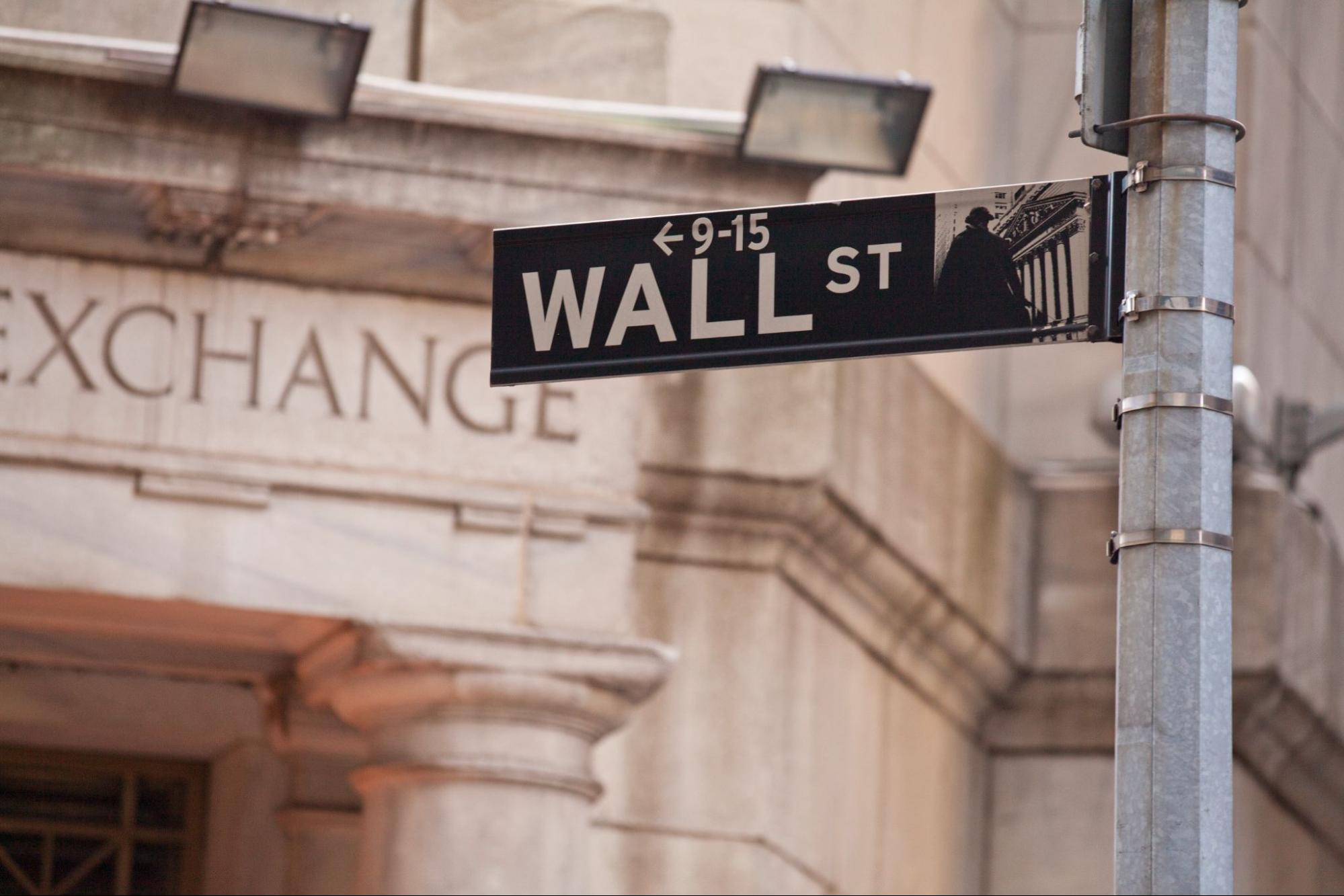Crypto's surprising signs of strength
There’s never a dull moment on the blockchain. Here’s what you need to know this week:
The Ukraine crisis is pressuring crypto markets. But as prices struggle, crypto shows other key signs of strength.
Music’s biggest names are exploring NFTs. From Coachella to Snoop Dogg, the music biz is having (another) NFT moment.
The week in numbers. The amount a DAO is trying to raise to buy the Denver Broncos, and other key stats to know this week.
SILVER LININGS
Crypto shows key signs of strength, even as prices struggle amid geopolitical turmoil
Ever-escalating tensions in Ukraine and unanswered questions about the Fed’s plan to raise interest rates continue to pressure global markets and crypto prices this week — the S&P 500 entered correction territory as BTC dropped below $37,000 on Monday, shedding roughly 5% since Sunday. But for the broader cryptoeconomy, prices are only part of the story, and the news — surprisingly — isn’t all bad. Despite troubling geopolitical headlines, the crypto market has quietly notched a handful of wins over the last few weeks, from rising global adoption to Wall Street’s ever-growing appetite for crypto. Let’s dig in.
Bitcoin mining power reached a new all-time high, as more miners compete to earn BTC rewards in return for verifying transactions and bolstering the blockchain. Mining power (or “hashrate”) — often cited as a proxy for network health and security — hit new highs last week on February 17, a robust recovery from last summer’s lows after China’s mining crackdown. Since China’s ban, North America has emerged as the world’s leading miner, accounting for more than 35% of Bitcoin’s hashrate.
Nearly 25% of consumers around the world own crypto, according to a new survey that finds the highest rates of adoption in Latin American countries, where crypto investments reached $653 million in 2021. As inflation rages in the region, nearly 50% of Argentinians report owning crypto, and crypto credit cards are also booming in the country. Nearby Brazil saw around $12 billion worth of Bitcoin trading volume in 2021, and Rio de Janeiro, its second largest city, plans to invest 1% of its treasury in crypto.
Several U.S. states are proposing crypto bills while awaiting a crypto-related executive order from the White House. A Tennessee bill would allow the state to invest in crypto, an Arizona legislator wants to make BTC legal tender, and Missouri legislation would exempt BTC from state taxes. Meanwhile, Wyoming lawmakers may create a stablecoin, and Colorado’s governor announced the state will soon accept crypto for tax payments.
Global financial firms are staffing up crypto divisions and expanding crypto offerings for customers. While Mastercard plans to hire 500 people to expand crypto consulting services, Fidelity launched a BTC-backed fund in Europe, and the New York Stock Exchange filed trademark licenses to create its own NFT marketplace. And J.P. Morgan (which now has a *checks notes* virtual lounge in the metaverse) reports that 300 banks in the U.S. are planning to enable BTC trading.
Why it matters… Although Ukraine news is weighing on global markets and crypto prices, a zoomed-out perspective offers plenty of reasons to be optimistic about the cryptoeconomy as more governments, companies, and individuals join the fold. From Intel’s new energy-efficient mining chip to Twitter’s ETH-tipping feature, the list of innovations and opportunities in this vast $1.7 trillion market will only continue to grow. As Walmart’s top board director recently explained, “It’s clear this is a powerful and constructive technology with enormous growth potential over the next few years and beyond.”
AIRDROP IT LIKE IT’S HOT
From Coachella to Snoop Dogg, music’s biggest names are doubling down on NFTs
“NFT” may have been Collins Dictionary’s 2021 Word of the Year, but the non-fungible phenomenon shows no signs of slowing in 2022. Leading NFT market OpenSea posted a record-busting $5 billion in sales in January, and freshly minted holders include Justin Bieber, Reese Witherspoon, and Marina Picasso (yes, that Picasso). Ever since rock band Kings Of Leon released the first major NFT album last year, the music business has grown into one of the most NFT-friendly creative industries, fueled by major labels, music festivals, and megastars. Let’s take a closer look at some of the biggest names getting involved.
Snoop Dogg wants to turn Death Row Records into “the first major [label] in the metaverse.” This month, the hip-hop mogul (and vocal NFT booster-entrepreneur) announced that he’d acquired the iconic Dr. Dre-founded label that launched his rap career in the early ‘90s. Snoop jumped on a Clubhouse chat last week to clarify his Web3 ambitions: “Death Row will be an NFT baby — we will be putting out artists through the metaverse.” Meanwhile, he’s been teasing exclusive concerts in the “Snoopverse” — a virtual world built on the blockchain gaming ecosystem Sandbox.
Coachella, America’s top music festival, is auctioning 10 lifetime-pass NFTs. The “Coachella Keys Collection” includes 10 Solana-based NFTs that grant owners lifetime admission to the California music festival, whose 2022 lineup includes Kanye, Billie Eilish, and Harry Styles. Additionally, each “Key” NFT offers different IRL perks for this year’s fest — Key #10 offers a “fully stocked trailer in the VIP compound.” Its minimum bid? Just north of $100,000.
Universal Music Group — home to Drake and Billie Eilish — is partnering with NFT platform Curio to develop digital collectibles for fans. Curio has released 75,000 NFTs since 2021, and plans to license audio-visual content from the label’s massive artist roster to make “NFT fan collections,” starting this spring with pop singer Calum Scott. Previously, UMG announced its “Web3 label” 10:22PM, starring the all-digital, Bored-Ape-led band KINGSHIP.
Why it matters… Record sales, jaw-dropping prices, and virtual worlds aren’t the only drivers of music’s NFT obsession. NFTs can add value for fans and creators, alike — from concert perks to smart contracts that automatically pay artists royalties when their work is resold. The music industry has emerged as a testing ground for a growing list of NFT use-cases, and artists like Steve Aoki and John Legend are aping into new projects that reimagine both the digital value of their art and their relationships with listeners. Or as Snoop put it, “Blockchain tech has the power to change everything again and tip the table in favor of the artists and the fans.”
NUMBERS TO KNOW
$4 billion
The current valuation of the Denver Broncos, and the amount a DAO, called BuyTheBroncosDAO, is attempting to raise to bid for the NFL team. It’s unlikely they’ll get to own the team, though – the NFL requires teams to have a principal owner who holds at least a 30% stake, and ownership groups can’t be larger than 24 people.
$3 million
The approximate amount of funding that former presidential candidate Andrew Yang hopes to raise for his new organization Lobby3, which aims to lobby politicians in Washington D.C. on Web3-related issues.
12
The number of months that Federal Reserve officials will have to sell any crypto positions, after new rules — barring senior central bank officials from purchasing individual stocks or holding assets like bonds and foreign currencies — take effect. Last year, two Fed officials resigned in the wake of a stock-trading controversy.
TUNE IN
How to safely navigate the world of DeFi
From Wormhole’s $323 million exploit to the FBI’s seizure of $3.6 billion in stolen crypto, major hacks have been back in headlines lately — but what does that mean for you, and how can you protect yourself? On this week’s episode of Around the Block, hosts Katherine Wu and Justin Mart discuss everything from basic crypto security tips to reducing risk when you explore the ever-expanding universe of decentralized finance.
TOKEN TRIVIA
What is the metaverse?
A
A term coined by sci-fi author Neal Stephenson
B
A series of interconnected virtual worlds
C
The theoretical future of the internet
D
All of the above
Find the answer below.
Trivia Answer
D
All of the above









